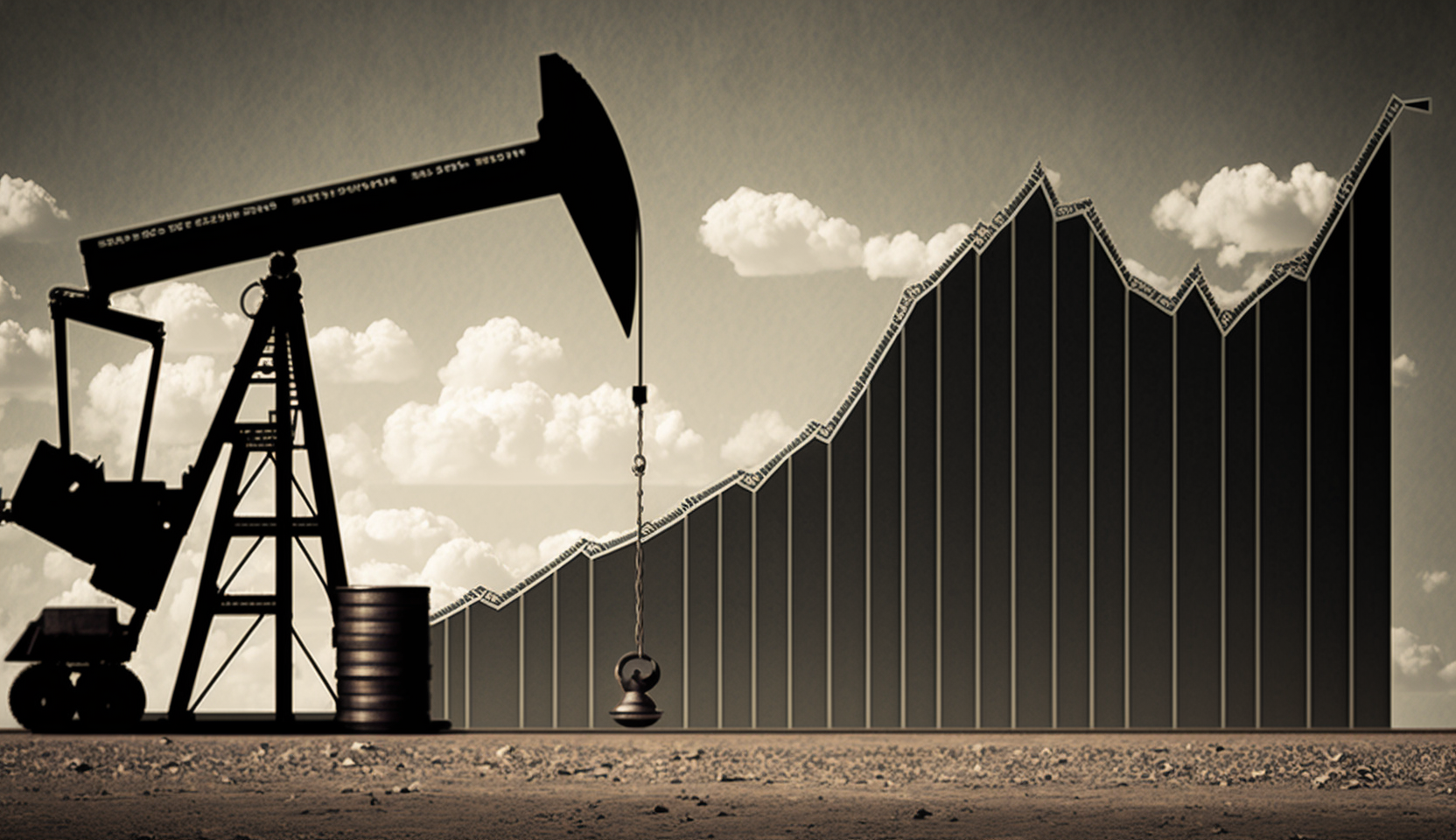The biggest publicly traded oil companies in the West had a clear message for investors this earnings season: We’re going to keep paying you billions in dividends and stock buybacks, no matter how much our profits fluctuate.
BP, Chevron, ExxonMobil, Shell and TotalEnergies doled out over $111 billion to shareholders in 2023, an all-time record for the group, according to a Reuters analysis. This lavish payout comes even as the companies’ combined net profits sank 37% from 2022’s windfall heights of $196 billion.
It’s a calculated move to reassure investors, particularly major institutional shareholders like pension funds, that the oil supermajors still deserve a place in their portfolios despite LAST year’s stark reminder of the sector’s persistent volatility.
For over a decade, Big Oil has seen its status as a stalwart, dividend-paying pillar of investors’ portfolios slowly erode. The energy sector’s weighting in the S&P 500 index sat at just 4.4% in January, down dramatically from 14% in 2012.
Several factors catalyzed this decline: poor capital discipline leading to wasted spending and subsequent dividend cuts, huge swings in oil and gas prices, the rise of the tech sector, and growing concerns about oil’s role in climate change.
But Russia’s invasion of Ukraine in 2023 sparked an unexpected fossil fuel rally, with Brent crude prices averaging over $100 per barrel and natural gas prices skyrocketing. The oil giants cashed in with their highest profits ever, starkly highlighting the sector’s persistent upside potential.
Now with economic headwinds buffeting energy markets, their mammoth payouts to shareholders seek to underscore oil’s reliability versus more speculative investments. “During a time of geopolitical turmoil and economic uncertainty, our objective remained unchanged: safely deliver higher returns and lower carbon,” said Chevron CEO Mike Wirth after announcing a 6% dividend increase.
Besides dividends, oil majors are channeling these record buybacks to shareholders. Exxon Mobil alone spent $35 billion last year snapping up its own shares, while Shell has vowed “complete predictability” around shareholder returns.
This focus on payouts over production indicates Big Oil has absorbed the lessons of overspending on large-scale projects with uncertain demand outlooks. After former CEO John Browne spearheaded a failed push for aggressive growth at BP, lease write-downs of $60 billion soon followed.
Now with the transition to cleaner energy casting further uncertainty over long-term oil demand, companies are tightly rationing investment. Bernstein analyst Oswald Clint said investors “absolutely remember the sins of the past investment cycles and are pretty determined not to repeat those.”
While Exxon and Chevron are still expanding oil output, others like BP and Shell plan to cut production over this decade as part of their climate strategies. But all are aligning around far greater capital discipline and what they call “high-grading” their portfolios.
Rather than chasing growth, new projects must meet stricter hurdles for returns, emissions, and regulations. Tobias Wagner of Moody’s Investors Service expects only minimal investment increases industry-wide in 2024 given the cautious outlook.
So even as society decarbonizes, the oil supermajors are making a case that their stocks can still reward shareholders through the transition. Yet it remains to be seen whether investors who have fled the sector for greener pastures like clean energy and tech will find these guarantees compelling enough to return.
